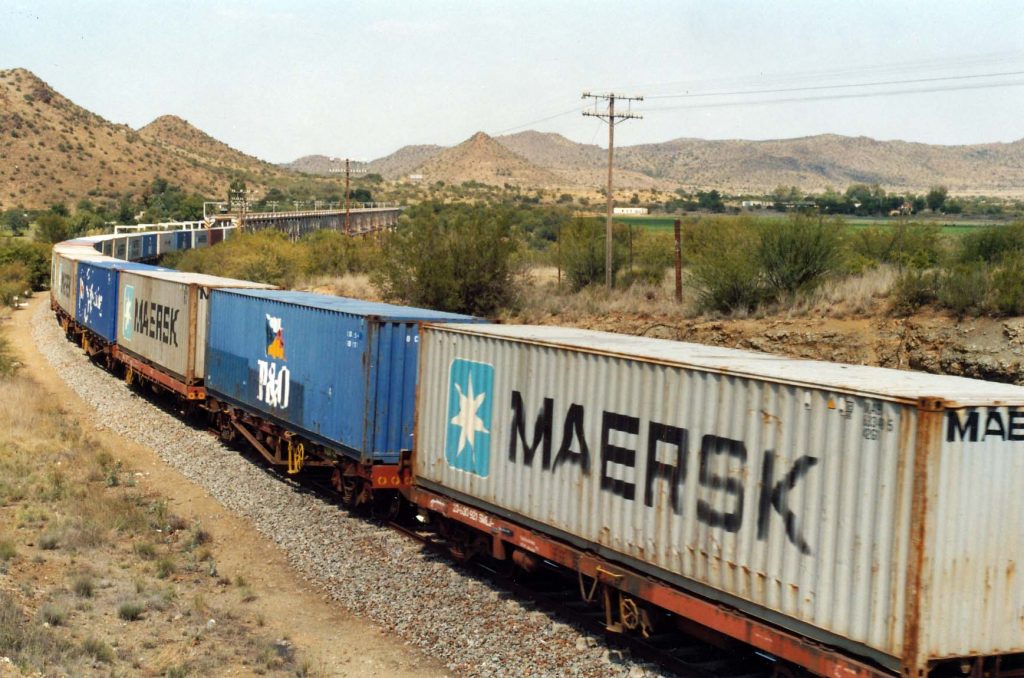Steps are being taken to progressively upgrade Railway’s competitive edge over other modes of transport include inter alia the implementation of a differential tariff regime for specifically addressing situations arising out of skewed demand during different periods of the year as well as across different regions of the country. As per a communiqué, the slew of freight incentive schemes that are in place for attracting traffic include the following initiatives:
Liberalised Automatic Freight Rebate scheme for traffic loaded in empty flow direction, Long Term Tariff Contracts (LTTC) with key freight customers, Station-to-Station (STS) rates, discount on loading of bagged consignment in open and flat wagons, rationalisation of freight rate, rationalisation of Merry-Go-Round (MGR) system, reduction of minimum distance for charge from 125 km to 100 km, distance increased for mini rake from 400 km to 600 km and up to 1,000 km for Intra Zonal traffic, proliferation of Roll-on Roll-off (RORO) services, de-notification of large number of commodities for charging at FAK rates, withdrawal of congestion charge for stone traffic transported from Eastern Railway to Bangladesh via Darsana/Benapole, withdrawal of 15 per cent Busy Season Charge from October 1, 2019, withdrawal of 5 per cent supplementary charge from Mini Rake and Two Point Rake combination, Discount of 25 per cent on movement of empty containers and empty flat wagons, Round-trip haulage charge for container traffic (for 0-50 km) for ultra-short lead. Liberalisation of Terminal Access Charges (TAC) for double (loading and unloading) operations; i.e. instead of 1.5 times the applicable rate, one time charge is now applicable.
Use of extensive computerisation in freight operation to improve monitoring and to improve utilisation of assets, deployment of higher capacity locomotives and higher capacity wagons, improvement in maintenance practices of wagons and locomotives resulting in increased availability of rolling stock for traffic, improvement in track and signalling to carry the higher volume of traffic, training staff and officers to adopt the new technology and management practices.
Two Dedicated Freight Corridors (Western and Eastern Dedicated Freight Corridors) have been taken up to create adequate capacity, which is essential requirement to cater to the traffic demand and improve quality of service.








